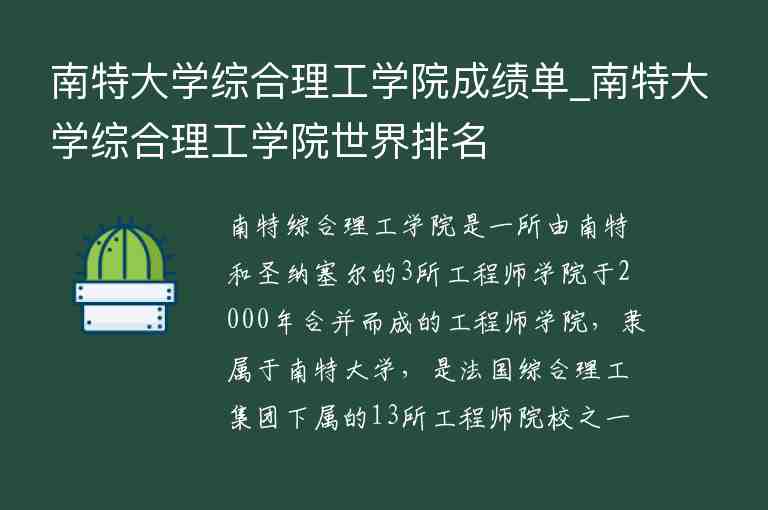英 [ˌɔːl ˈtaɪm] 美 [ˌɔːl ˈtaɪm]
一:all-time的意思
all-time是一个英文短语,意为“有史以来的、历史上最好的、空前的”,通常用来形容某种事物在历史上取得的最高成就或者最佳状态。
二:怎么读(音标)
all-time的读音为[ˌɔːl ˈtaɪm],其中重音在第二个单词上。
三:用法
all-time作为形容词使用时,通常放在名词前面,用来修饰名词。它可以指某种事物在历史上达到的最高水平或者某个时间段内最好的表现。此外,它也可以作为副词使用,放在动词后面,表示“始终”、“一直”、“永远”。
四:例句1-5句且中英对照
1. He is considered one of the greatest basketball players of all time.
他被认为是有史以来最伟大的篮球运动员之一。
2. This is the all-time best-selling album in history.
这是历史上销量最高的专辑。
3. The movie has received rave reviews and is now an all-time favorite among audiences.
这部电影获得了极高评价,并成为观众心中的永久最爱。
4. She has been an all-time supporter of human rights and social justice.
她一直是人权和社会公正的坚定支持者。
5. The team won the championship for the fifth time in a row, making it an all-time record.
这支球队连续第五次获得冠,创造了历史上的最佳纪录。
五:同义词及用法
1. Record-breaking:意为“打破记录的”,指某种事物在某个领域取得了空前的成就。
例句:This year's sales figures are record-breaking, thanks to our new marketing strategy.
2. Unprecedented:意为“前所未有的、空前的”,强调与以往完全不同或者更高水平的成就。
例句:The company's profits this year are unprecedented, thanks to the new CEO's leadership.
3. Best-ever:意为“有史以来最好的、最佳的”,强调在某个时间点或者范围内取得了最高水平。
例句:This is the best-ever performance by our team, we should be proud of ourselves.
六:编辑总结
all-time是一个常用于英语中的短语,它可以形容某种事物在历史上取得了最高成就或者最佳状态。在写作中,我们可以使用all-time来强调某种事物的重要性、优越性或者突出性。此外,我们也可以使用同义词来替换all-time,使文章更加生动有力。但是需要注意的是,all-time通常用于口语和非正式场合,如果在正式场合或者学术写作中,建议使用更加正式的表达方式来替换。
